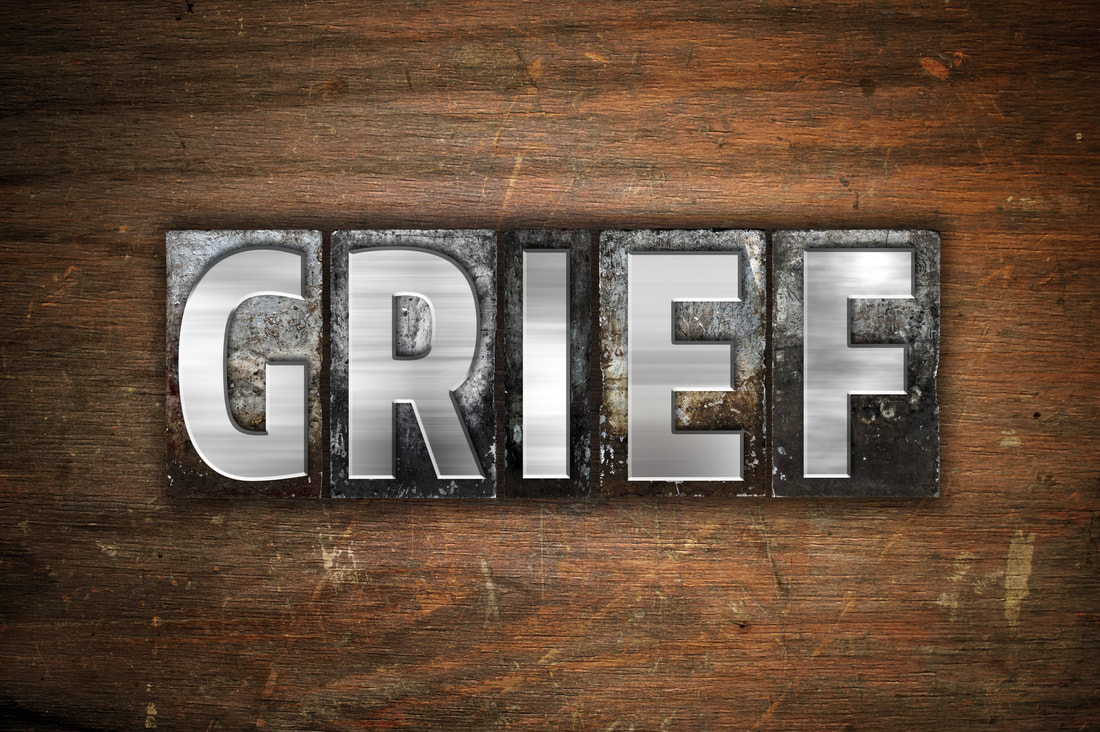|
Early grief is a basket of contradictions. The pain tells us to “do” something but everything hurts and there is nothing we want to do. We want the pain to stop but letting it go feels like a betrayal: of the deceased, of us, of our grief. We long for supportive company but accepting well-intended offers from people who have no idea what we are going through makes us feel even more alone. In moments like these, our pain seems unsoothable: nothing can be done or said to make it dissipate. It’s okay to long for the life you had with your loved one. And, it is equally important to keep going forward with life as it is now. There’s a good chance you feel as sad as you do because you deeply loved someone and because you were deeply loved in return. The truest form of love is the unselfish wish for another to be happy, even when we cannot be with them in physical form. By continuing to care for yourself, you are not only honoring the person you lost, you are stepping toward your own aliveness. Which, conveniently, happens to be the best forward path after loss. We do this slowly, one moment, one day, one week at a time. Here are a few tips to help reconnect you with your own aliveness:
Speaking of time, now may be a good one to remind you that, everything, even your pain, is designed to be temporary. You will hurt for a while but you won't feel this way forever. With each day that passes, each forward step you take, you are succeeding are rebuilding your life. And that is more than enough. Dr. Jill Gross is a licensed psychologist, therapist, and counselor. She offers grief therapy, divorce consultation, co-parenting support, and other counseling services in the Phinney Greenwood area of Seattle, WA. Having trouble rebuilding after the death of a parent, spouse, child, family member or friend? Schedule a free consultation to see how grief counseling can help you move forward in a healthy way.
1 Comment
4/29/2021 08:28:27 am
Wow, I had no idea that grief is a strong feeling of sadness and loss after the passing of a loved one. I wanted to understand why one of the characters in the drama I watched looked for a counselor after losing his brother. I'll probably do the same and visit one as well so that I can recover mentally.
Reply
Your comment will be posted after it is approved.
Leave a Reply. |
AuthorDr. Jill Gross is a licensed psychologist, specializing in grief and divorce. Her coaching and therapy practice is located in the Phinney - Greenwood area of North Seattle in Washington. Archives
May 2021
Categories
All
|
HoursM-TH: 8:30 AM - 2:00 PM.
By Appointment Only |
Telephone & Email |
Address503 N. 50th Street
Seattle, WA 98103 |
*Header Photographs courtesy of Josh Martin



